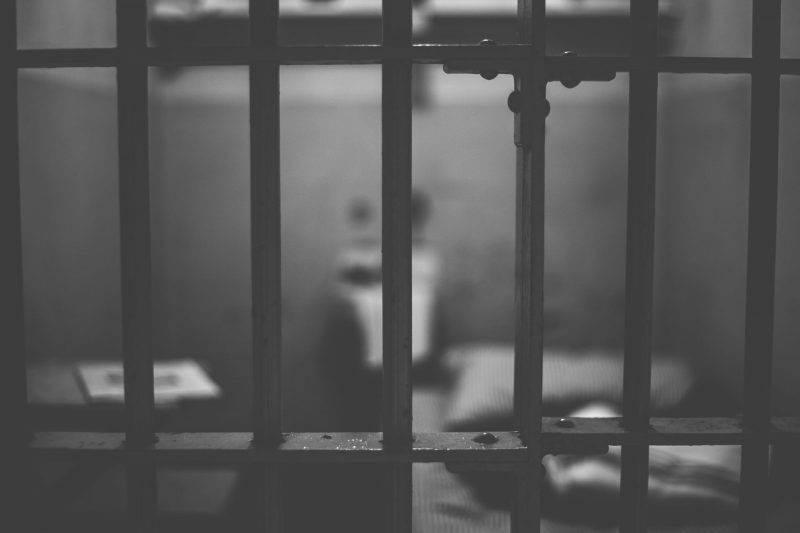
Advocates say jails should be cleared of non-violent prisoners
Joseph Darius Jaafari
Last week, as the coronavirus outbreak began to shut down whole cities and states, the ACLU of Pennsylvania called on Gov. Tom Wolf, Lt. Gov. John Fetterman and Department of Corrections Secretary John E. Wetzel to release inmates from state facilities, arguing that state prisons and county jails continue to house people who pose no threat to public safety.
Their goal: Minimize any coronavirus outbreak among the state’s prison population.
It’s true that many inmates are incarcerated for violent crimes, but the majority of people housed in the state’s jails and prisons are not. And it’s those people, the ACLU says, who need to be considered for release.
Public health experts warn that coronavirus is highly transmissible, especially in confined spaces. Prisons, by design, don’t encourage the sort of “social distancing” being urged on the public at large. Reducing inmate numbers, the ACLU and other advocacy groups say, will make it easier to avoid a larger coronavirus outbreak inside the corrections system.
Minimizing the potential number of coronavirus infections would take pressure off a prison medical system that already delivers substandard care in many cases. In our latest investigation, we found that inmates who are taken into custody with preexisting health issues often don’t receive adequate care. Even before coronavirus emerged, the poor state of health care behind bars had resulted in multiple deaths, lawsuits and permanent disability.
Many states and counties across the nation have considered releasing inmates who have low-level felonies. New Jersey announced it would release 1,000 inmates. In Pennsylvania, Allegheny, Lehigh, Bucks and Washington counties have all entertained similar decarceration steps.
While the conversation so far has primarily been about releasing people convicted of non-violent crimes, victims advocates are concerned that some violent criminals will be released if the virus outbreak worsens.
Kristin Irwin, a 34-year-old Pittsburgh resident and rape survivor, says that victims have to be able to stay vigilant, especially while under the state’s current stay-at-home policies.
“If victims want to have their voices heard, they should be part of the process,” said Irwin. In her own experience, Irwin wasn’t notified of updates in her rapist’s case for nine years. When she read in a local newspaper that he had been arrested again, she said she was traumatized all over again.
Advocates for Marsy’s Law, a victims rights law passed by voters last fall but currently being challenged in court, agreed that the ACLU’s push to release nonviolent prisoners pushes aside victims’ rights and concerns.
In response, Andy Hoover with the ACLU of Pennsylvania said that the law’s advocates are being shortsighted.
“We have a lot of people in our jails and prisons who do not need to be there,” he said. “There are thousands of people in county jails who have been convicted of no crime and are there only because they’re too poor to pay their bail. There are people in state prisons who have served their minimum sentence and could be released now.”
But that doesn’t seem to be the issue for groups like Marsy’s Law, who are mainly concerned with making sure victims are kept in the loop of the larger conversation surrounding prison releases during the pandemic.
“I understand, this is a very scary time for everyone and I understand the issue that comes into play when you talk about a population in close quarters,” said Jennifer Riley, state director for Marsy’s Law of Pennsylvania. “I don’t take issue with people being released early, as long as it takes into account victims’ rights.”
Riley noted that those steps include notifications if an inmate is released, and a guarantee that victims have a voice at parole hearings.
Jennifer Storm, victim advocate for the commonwealth, said that as of now, the staff in her office can take on whatever challenges releasing inmates might look like. For example, if the governor demanded the release of all prisoners eligible for parole, Storm said that victims would be notified of their release. She only adds that it’s important to make sure victims’ statements are heard in the process.
“If we’re talking about cases where there are victims, we want to uphold their rights,” she said.. “You don’t have a criminal justice system unless you have all rights afforded.”